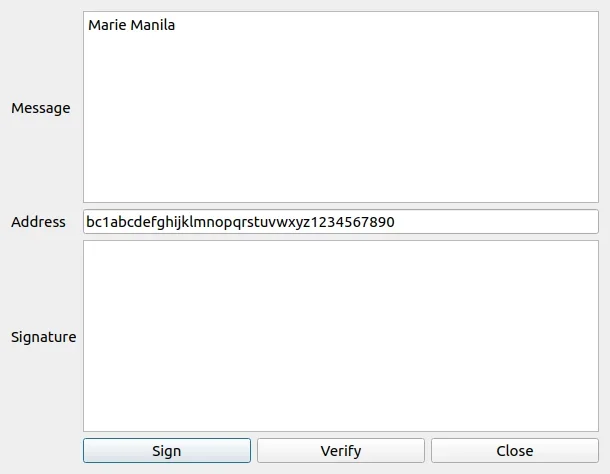So last few years Malta was thrown around as bitcoin tax haven for individuals. As you dont pay taxes there from your sale of cryptocurrency.. But years went by and recently i read on several places various information alleging that Malta is no longer a BTC tax haven for individuals... I read also something that you had to (newly have to?) hold BTC for 3 years (time test) and only then u were (are?) free from tax... I also read something (heard from some youtube interview with european (Maltese...?) lawyer) that Malta generally dropped the ball on crypto overall, and in many aspects (not just tax) is NOT bitcoin friendly really anymore...
My question is simple- Is Malta in 2022 (and onwards) still a Bitcoin tax haven (0 tax on selling your BTC)...? Are there any "restrictions" ("BUTs" and "IFs") what you can or cannot do with your bitcoin for it to be tax free...? Like that u have to hold it for certain ammount of time...? Can make only few trades per year or u are considered a profesional and taxed or whatever... Are there any "limits" like these or something similiar...?
Thank you
My question is simple- Is Malta in 2022 (and onwards) still a Bitcoin tax haven (0 tax on selling your BTC)...? Are there any "restrictions" ("BUTs" and "IFs") what you can or cannot do with your bitcoin for it to be tax free...? Like that u have to hold it for certain ammount of time...? Can make only few trades per year or u are considered a profesional and taxed or whatever... Are there any "limits" like these or something similiar...?
Thank you





